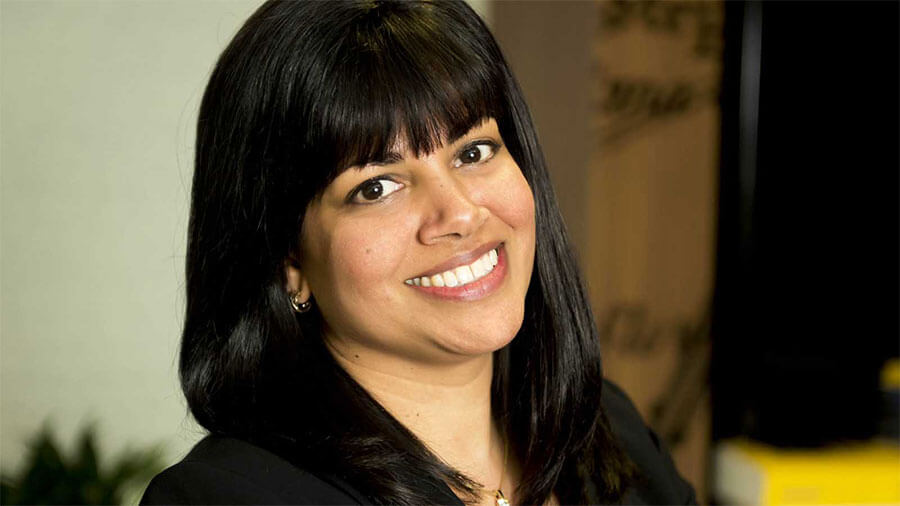Sadly elderly people are sometimes targeted by criminals in an attempt to either steal wealth during their lifetime or gain access to the estate assets via a Will.
All too frequently press reports detail the shocking stories of greed behind the criminals that are caught and brought to justice. People in a position of responsibility and trust have been known to abuse their position. In October this year a fraud and theft conviction was reported involving a psychiatrist who targeted an 84-year-old widow following the death of her husband the year before. Within just four months of meeting the pensioner the fraudster had redrafted her Will to benefit the fraudster and her family members The Will was a forgery. Had it not been detected the fraudster would have received the pensioner’s two houses.
How can these matters be detected?
A police investigation can be pursued if the constabulary consider the circumstances and their report justifies an investigation. On other occasions the focus can be via the civil courts.
The obvious starting point is an approach to the two individuals stated to have witnessed the signing of the Will. If they cannot be traced, are no longer alive, are uncooperative or known associates of the suspected fraudster what else can be done.
Evidence from computer records can be relevant, for example if there is a suspicion a fraudster created a forged Will on their computer after the date it was allegedly made, signed and witnessed.
Expert scientific testing of paper and ink, even handwriting analysis can have a part to play in establishing whether a questionable document is a true and valid Will or a forgery.
On occasions other records can also assist. Debenhams Ottaway once dealt with a case in which the signature of a housebound elderly lady’s Will was purportedly witnessed by a close friend of the suspected fraudster and hospital records later revealed that the witness could not have been present when the Will was signed as the witness was herself in the middle of a stay as an inpatient in hospital in another part of the country.
Every case of suspected forgery is fact sensitive and can be challenging if the fraudster has worked hard in attempts to cover their tracks. It can be important to take timely action if the estate of a deceased is one on the verge of being distributed – paid out to the fraudster or their accomplices.
The contents of this article are intended for general information purposes only and shall not be deemed to be, or constitute legal advice. We cannot accept responsibility for any loss as a result of acts or omissions taken in respect of this article.

